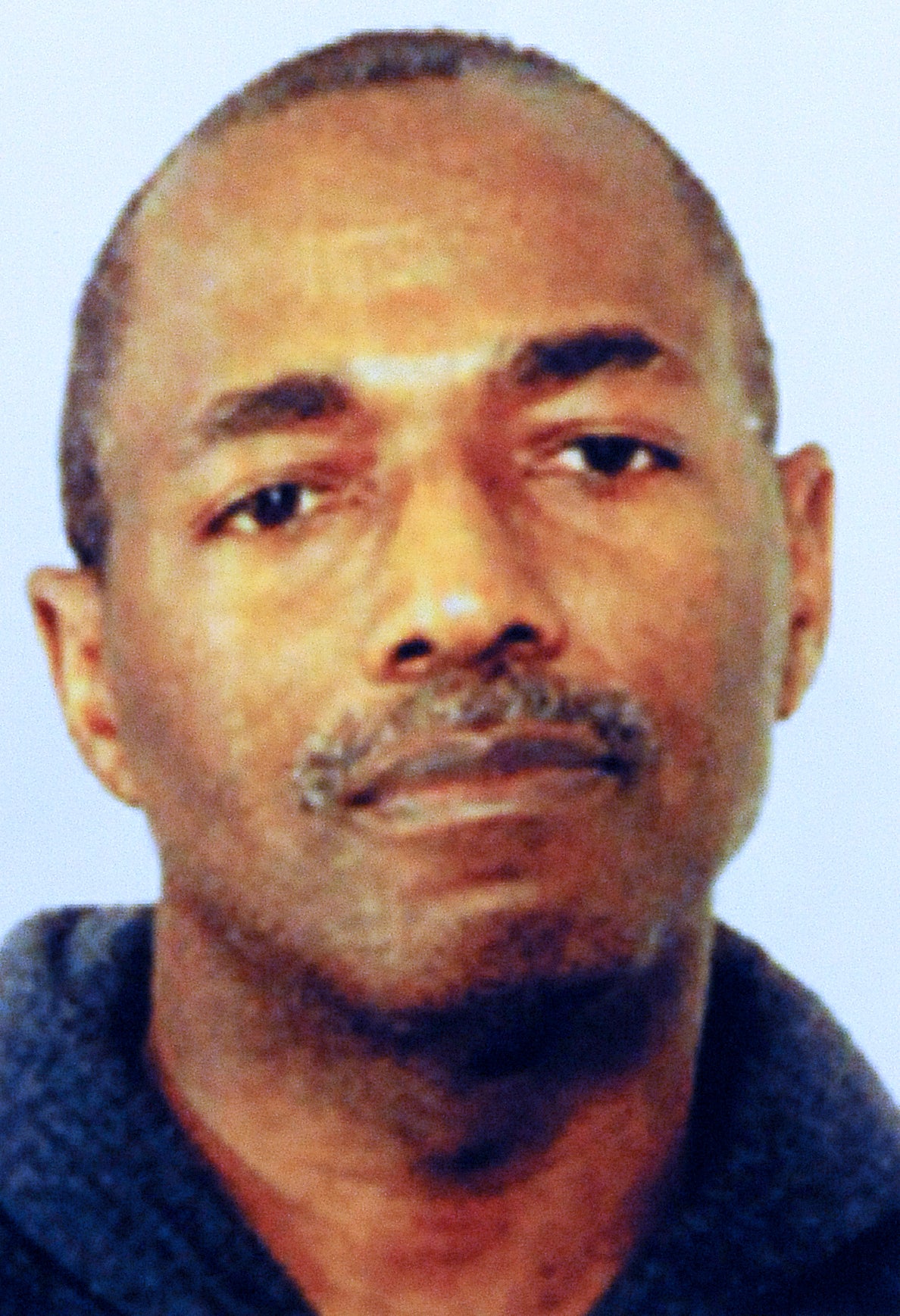Ex-Chicago officer who fled trial sentenced on drug charges
A former Chicago police officer who was captured nearly 15 years after he fled while awaiting trial on drug charges has been sentenced to 13 years in federal prison

Your support helps us to tell the story
From reproductive rights to climate change to Big Tech, The Independent is on the ground when the story is developing. Whether it's investigating the financials of Elon Musk's pro-Trump PAC or producing our latest documentary, 'The A Word', which shines a light on the American women fighting for reproductive rights, we know how important it is to parse out the facts from the messaging.
At such a critical moment in US history, we need reporters on the ground. Your donation allows us to keep sending journalists to speak to both sides of the story.
The Independent is trusted by Americans across the entire political spectrum. And unlike many other quality news outlets, we choose not to lock Americans out of our reporting and analysis with paywalls. We believe quality journalism should be available to everyone, paid for by those who can afford it.
Your support makes all the difference.A former Chicago police officer who was captured nearly 15 years after he fled while awaiting trial on drug charges was sentenced Thursday to 13 years in federal prison.
Eddie Hicks, 71, was convicted last year on racketeering, drug and gun charges, and jumping bail after his arrest. Prosecutors accused the ex-sergeant of being the ringleader of a crew of five men who posed as federal drug agents to shake down drug dealers for cash and narcotics.
Hicks was under federal investigation when he retired from the police force in 2000. He fled in 2003 while awaiting trial and was arrested in 2017 in Detroit where he was living incognito.
In handing down his sentence, U.S. District Judge Joan Lefkow told Hicks he “dishonored the badge” and should stand as an example.
“There are other officers out there who also have the opportunity to do what you did, and they need to get the message that the punishment will follow the conduct,” Lefkow said, noting he has never taken responsibility for his actions.
Before sentencing, Hicks complained about prosecutors seeking a 20-year sentence for him, saying he was an otherwise law-abiding citizen and not looking at committing any kind of crime "at this point.”
Hicks’ attorney, John Beal, asked for the mandatory-minimum sentence of 10 years, citing Hicks’ advanced age and the threat of COVID-19.
Prosecutors cited the value society places on the integrity of police officers and the devastating consequences that result when it is lost.
“Not only did Hicks fail to arrest drug dealers, he became a drug dealer himself, robbing drug dealers and turning around and selling the drugs for profit,” Assistant U.S. Attorney Morris Pasqual wrote in a court filing.
During his trial, prosecutors alleged Hicks thought robbing drug dealers was the perfect crime. The only witnesses were criminals who weren’t about to call the “honest police,” Pasqual said.
Hicks was tipped off to stash house locations by informants, and assisted by a police department mechanic who had access to the keys to unmarked squad cars and a designated crew member who typed up phony search warrants in the car on an old manual typewriter.
If they encountered any law enforcement, the crew simply flashed their badges and got a pass, Pasqual said. And when a raid was done, there were never any arrests or paperwork.
During Hick's trial, prosecutors present secret video and audio recordings made during two FBI stings in late 2000 and early 2001 at South Side Chicago apartments that were set up to look like drug stash houses in order to catch Hicks’ crew in the act.